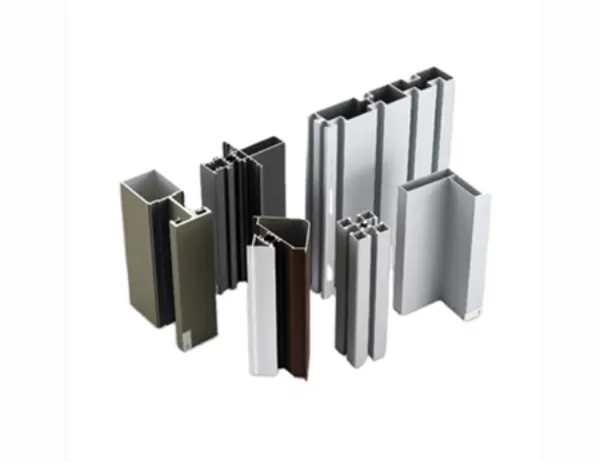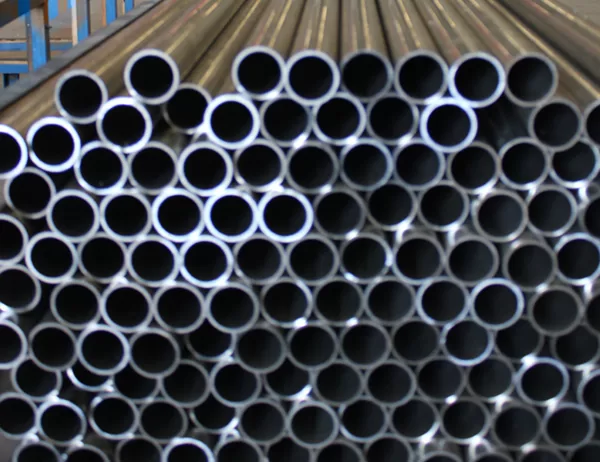In the realm of modern manufacturing, aluminum profiles play a pivotal role as structural components, architectural elements, and industrial extrusions. Selecting the appropriate supplier for these critical parts can be a daunting task, fraught with potential risks that can jeopardize project success and reputation.
The Perils of Poor Supplier Selection
An imprudent supplier selection process can lead to a cascade of adverse consequences:
Delays and Cost Overruns: Incompetent suppliers may fail to meet delivery deadlines or provide substandard products, disrupting project timelines and escalating costs.
Quality Compromises: Subpar aluminum profiles can compromise structural integrity, aesthetic appeal, or functional performance, resulting in costly repairs or customer dissatisfaction.
Supply Chain Disruptions: Unreliable suppliers may experience production issues or logistical challenges, disrupting the flow of materials and jeopardizing project timelines.
Reputational Damage: Inferior aluminum profiles can tarnish a company’s reputation for quality and reliability, casting doubt on other aspects of its operations.
Mitigating Risks through Strategic Selection
To minimize the risks associated with aluminum profile supplier selection, manufacturers must adopt a strategic approach:
1. Establish Clear Specifications: Define the precise requirements for the aluminum profiles, including dimensions, tolerances, finish, and performance criteria.
2. Conduct Thorough Due Diligence: Research potential suppliers, assessing their production capabilities, quality control systems, and financial stability.
3. Request Sample Profiles: Obtain physical samples of potential suppliers’ products to evaluate their quality and accuracy firsthand.
4. Verify Certifications and Standards Compliance: Ensure that suppliers meet industry standards and certifications, such as ISO 9001 and ASTM B221.
5. Establish Clear Communication and Monitoring: Establish regular communication channels with the selected supplier to monitor progress, identify potential issues, and implement corrective actions promptly.
Additional Considerations
Beyond the core selection criteria, manufacturers should also consider the following factors:
Location: Proximity to the manufacturing facility can reduce transportation costs and improve supply chain resilience.
Flexibility: Choose suppliers capable of adapting to changing production demands and offering customized solutions.
Environmental Sustainability: Select suppliers that adhere to responsible manufacturing practices and minimize environmental impact.
By carefully considering these factors and implementing a comprehensive supplier selection process, manufacturers can mitigate the risks associated with aluminum profile procurement and ensure the success of their projects.




